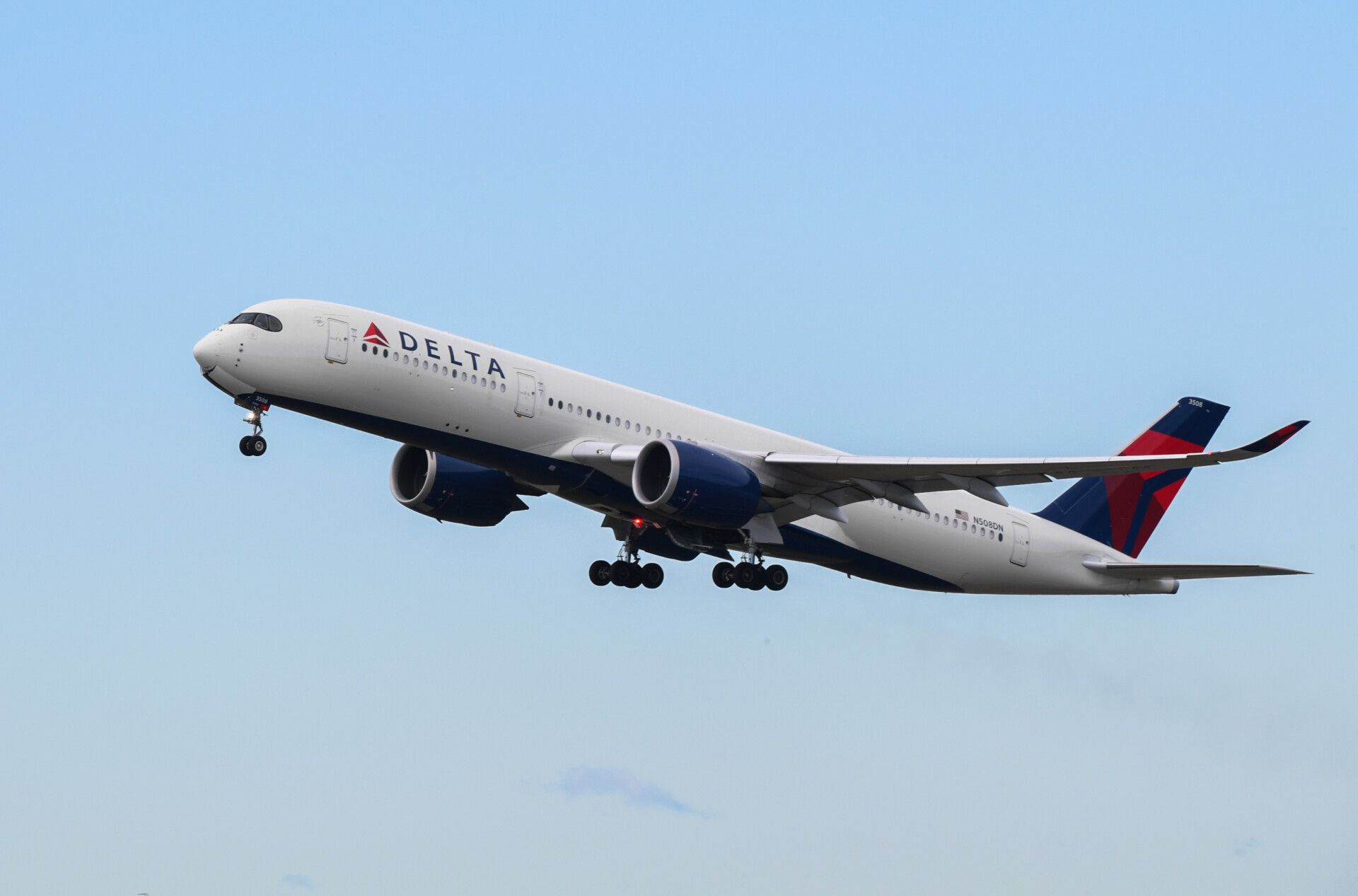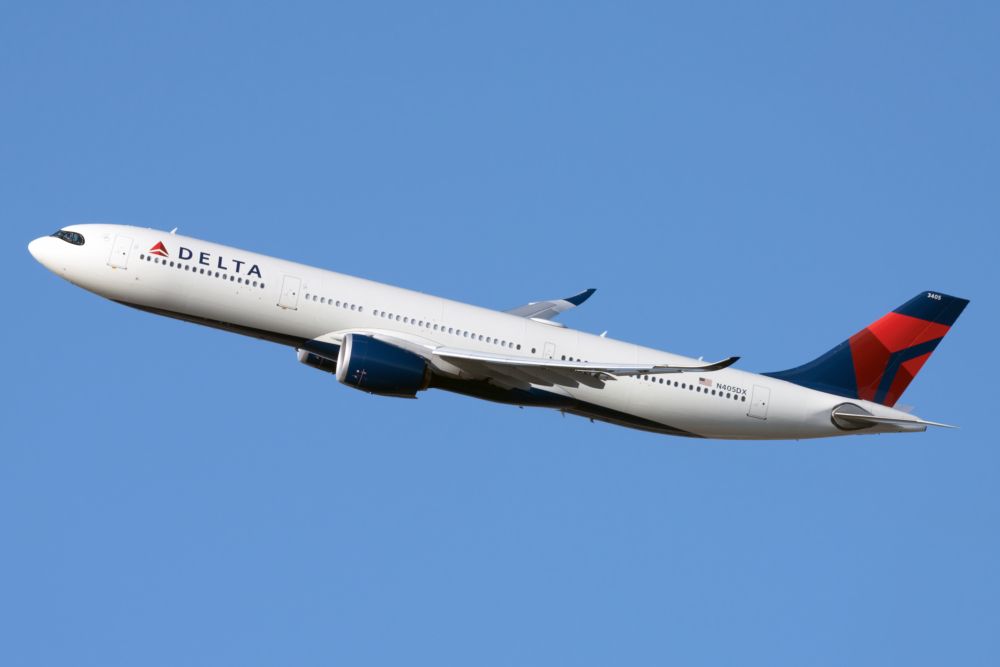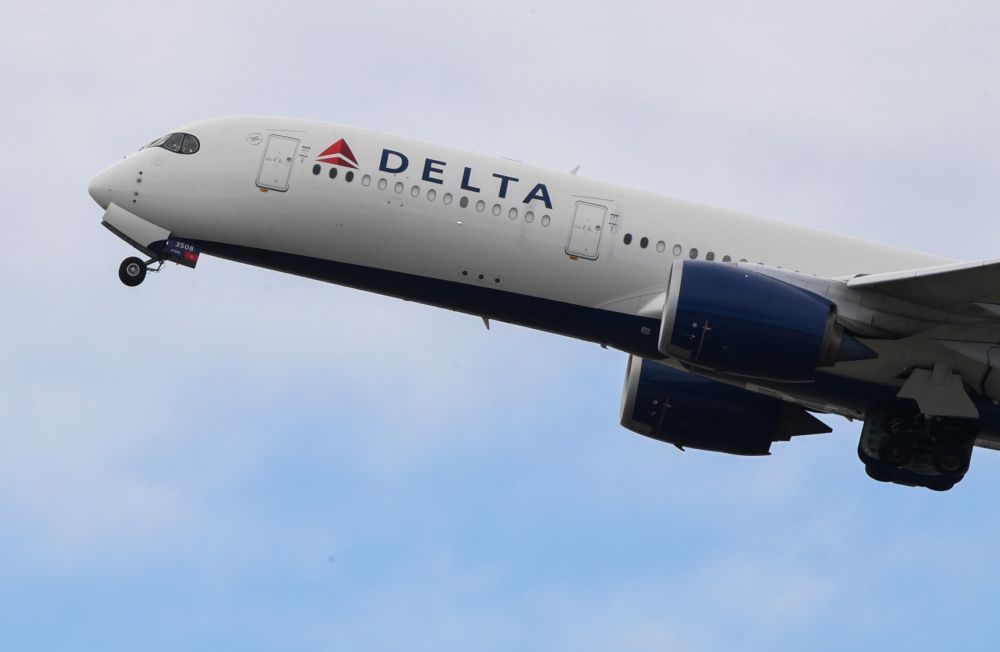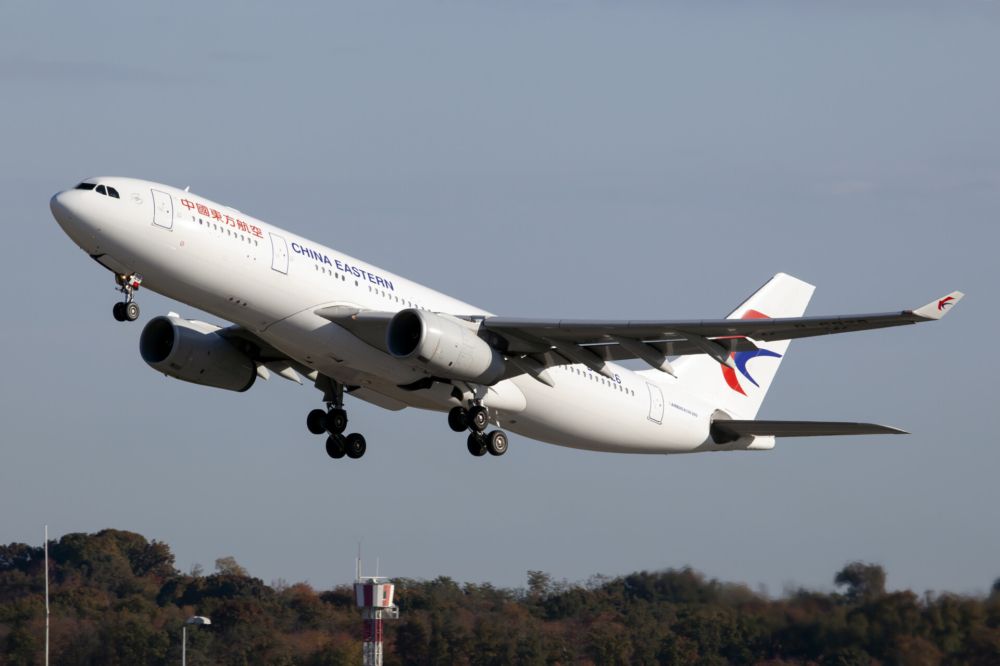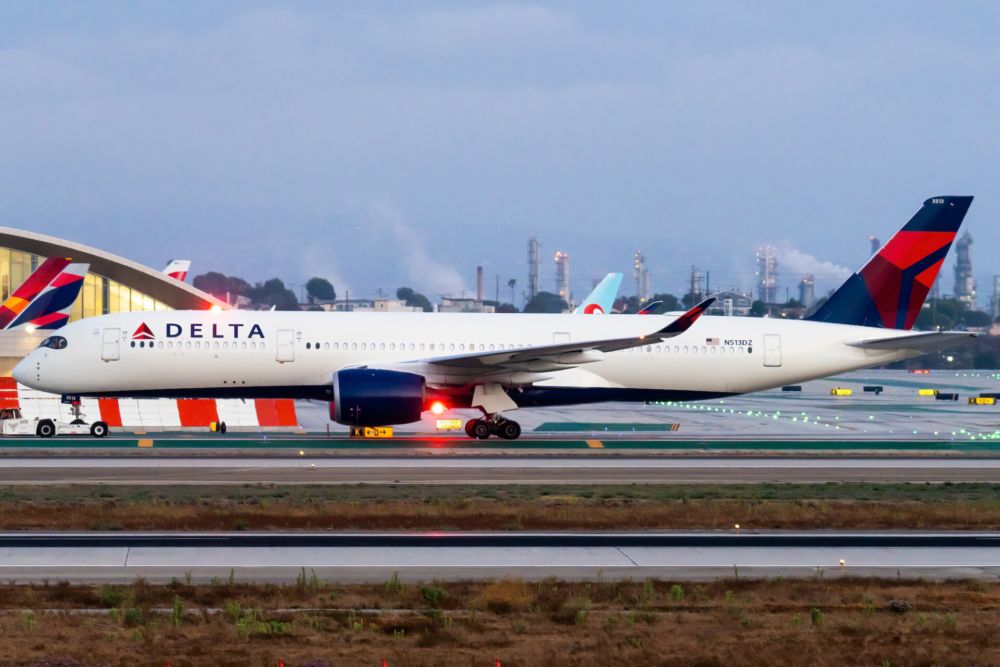Atlanta-based Delta Air Lines held its fourth-quarter earnings call this week. Discussing various parts of the recovery, Delta's executives were asked about China and how the airline was planning for the recovery in this crucial geography. While there is still continued uncertainty over travel regulations in China, the airline's executives expressed an interest in staying with the market and seeing how it develops in the recovery.
Delta Air Lines talks about China
Delta's CEO, Ed Bastian, was asked about the recovery and how the airline was thinking about China, which, as it stands, is a relatively small piece of the network:
"It's been interesting as we've watched a lot of the nations around the world all manage it seemingly somewhat differently. As it relates to us, you're right. China is not a big part of our network. We'd like it to be a bigger part, but it historically hasn't been. And it's going to be a pretty small part of our network at least for the next couple of years. We'll see beyond that."
The reason Delta is keeping China small is largely because of the current demand environment. As a result of strict travel restrictions, there is not a lot of demand between the US and China beyond a few flights per week, though cargo has been strong in the market.
Mr. Bastian continued, urging that countries start to utilize the tools and technologies out there to manage the health situation and move toward a broader reopening.
Delta keeps China on its network
Delta will still keep flying to China, albeit with a stop along the way. As a result of complicated entry restrictions, including a willingness to almost instantaneously change requirements that led to the headline-making flight where a Delta flight turned around due to a change in requirements midflight en route to China, Delta has been relatively pessimistic on the rebound for travel to China in the near future.
Delta will continue to fly to Shanghai (PVG) with a stop in Seoul (ICN). It will offer flights from its transpacific hub in Seattle (SEA) and Detroit (DTW), which serves as Delta's eastern US gateway to China. Even then, Delta will offer less than daily service to China, again, largely as a function of demand. Moving forward, Delta will continue to evaluate its China network as it relates to demand.
Stay informed: Sign up for our daily and weekly aviation news digests.
Why China is important to Delta
Pre-pandemic, China was a fast-growing market of air travel. With growing business ties between China and the United States and an increase in demand, US airlines started to add flights to China and grow their transpacific presence.
In addition to being a prominent business market, another key aspect is the partnerships it has developed in the region. In mainland China, this is primarily with China Eastern Airlines, which has its primary hub in Shanghai (PVG). Here, passengers will be able to take advantage of connections into China and places like Beijing that Delta is not serving.
Historically, Shanghai received a significant amount of attention from Delta. In addition to Seattle and Detroit, Delta also flew to PVG from Los Angeles (LAX) and Atlanta (ATL). These flights are expected to come back as demand warrants. Delta had also been hoping to launch a Minneapolis (MSP) to Shanghai flight. Adding these flights helps Delta provide more flight itineraries and destinations in China that might not warrant nonstop aircraft from the United States. The move is about shoring up the airline's market presence while also supporting the partnership between the two airlines.
China Eastern is an equity partnership. Delta has a 3% stake in China Eastern. However, in Seoul (ICN), Delta's joint venture partner, Korean Air, has a hub. Korean also has a sizable presence in China and will be the primary way for Delta to offer more comprehensive service to the country until restrictions ease. As China stays an integral part of Delta's network, the airline will closely be watching demand but do not expect any significant growth to come until after demand materializes.

